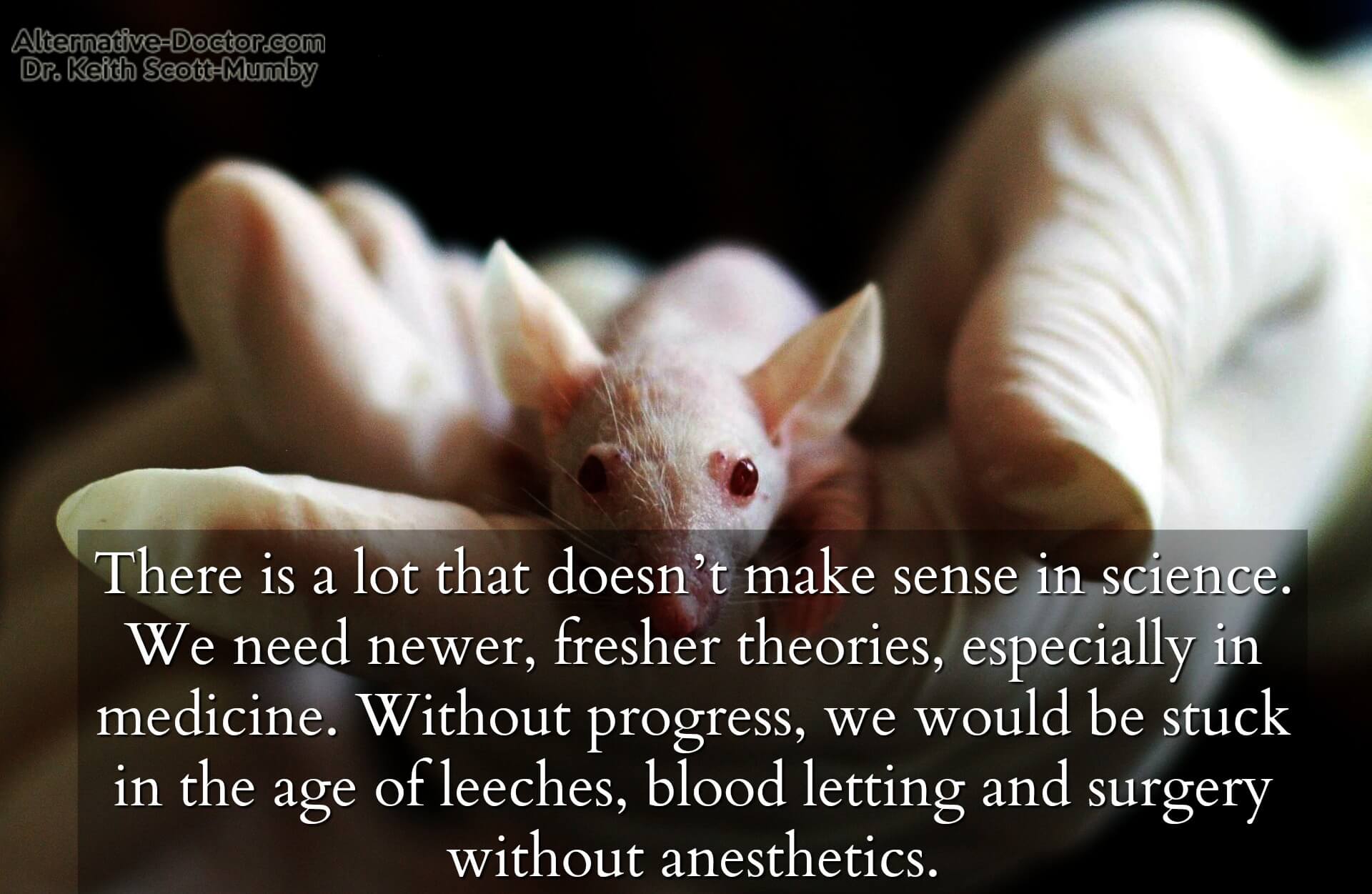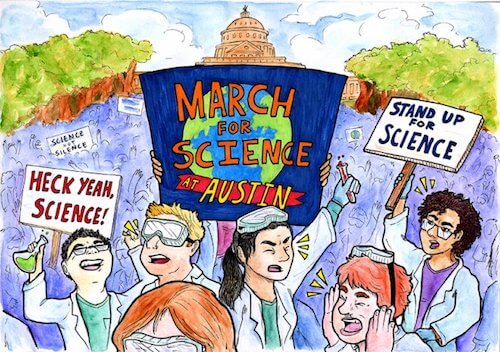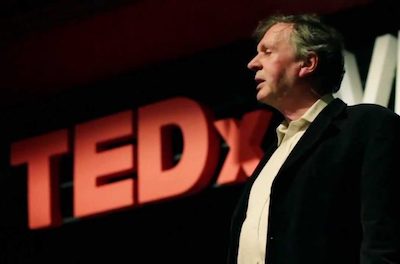Several times over the years one or more of my subscribers have asked me to explain what good science looks like. Well, it’s much easier to describe BAD science because it’s everywhere, right in front of your face.
Never mind nit-picking over the “p” number or sample sizes. The whole ambience sucks. This is especially true of medical science, where there are massive financial incentives to cut corners, to cheat, to outright lie.
I like the words of Jon Rappoport, investigative journalist extraordinaire…
“There is a system designed to affect every human on the planet, from cradle to grave. For each person, I’m talking about 30 or 40 diagnoses of physical and mental conditions, many of which are false; and treatment with toxic chemicals that progressively debilitate, confuse, weaken, and destroy health and life. What would you call this system? Who would you blame?” (The Underground, Jon Rappoport)
Or consider the writings of Dr. Marcia Angell, former editor of The New England Journal of Medicine, in the NY Review of Books, January 15, 2009, “Drug Companies & Doctors: A Story of Corruption”:
“It is simply no longer possible to believe much of the clinical research that is published, or to rely on the judgment of trusted physicians or authoritative medical guidelines. I take no pleasure in this conclusion, which I reached slowly and reluctantly over my two decades as an editor of The New England Journal of Medicine.”
During her 20 years of work, Angell looked at, perused, and analyzed more medical studies than all mainstream science bloggers in the world put together. She would know the truth, notwithstanding that she was part of the scamming and criminality for all those years.
Or read these remarks, by Richard Horton (another pro’s pro), editor-in-chief, The Lancet, in The Lancet, 11 April, 2015, Vol 385, “Offline: What is medicine’s 5 sigma?” [5 sigma is a statistical measure of something being very unlikely indeed].

“The case against science is straightforward: much of the scientific literature, perhaps half, may simply be untrue. Afflicted by studies with small sample sizes, tiny effects, invalid exploratory analyses, and flagrant conflicts of interest, together with an obsession for pursuing fashionable trends of dubious importance, science has taken a turn towards darkness…
“The apparent endemicity of bad research behavior is alarming. In their quest for telling a compelling story, scientists too often sculpt data to fit their preferred theory of the world. Or they retrofit hypotheses to fit their data. Journal editors deserve their fair share of criticism too. We aid and abet the worst behaviors. Our acquiescence to the impact factor fuels an unhealthy competition to win a place in a select few journals. Our love of ‘significance’ pollutes the literature with many a statistical fairy-tale…Journals are not the only miscreants. Universities are in a perpetual struggle for money and talent…”
Horton makes reference to a recent symposium he attended at the Wellcome Trust in London. The subject of the meeting was the reliability of published biomedical research. His following quote carries additional force because he and other attendees were told to obey Chatham House rules (meaning no one was allowed to reveal who made any given comment during the conference):
“A lot of what is published is incorrect.’ I’m not allowed to say who made this remark [at the conference] because we were asked to observe Chatham House rules. We were also asked not to take photographs of slides. Those who worked for government agencies pleaded that their comments especially remain unquoted, since the forthcoming UK election meant they were living in ‘purdah’—a chilling state where severe restrictions on freedom of speech are placed on anyone on the government’s payroll. Why the paranoid concern for secrecy and non-attribution? Because this symposium—on the reproducibility and reliability of biomedical research, held at the Wellcome Trust in London last week—touched on one of the most sensitive issues in science today: the idea that something has gone fundamentally wrong with one of our greatest human creations [biomedical science]”.
Conventional science bloggers, take notice. You’re working in a field of bad science where studies supporting the general consensus are tainted and stained.

More Bad Science… The March for Lies and Deceit
You will be aware that we are currently seeing the drama of “Marching For Science”. Only it isn’t a march for science; it’s a march for lies and deceit. We’d all back science, IF WE COULD TRUST IT. But it’s obvious we can’t.
The loonies who call homeopathy and energy medicine “junk science” are actually the worst of hypocrites. “Voodoo science” is another sneering epithet they like to use. They have an almost total monopoly on junk science!
The Big Bang theory is wall-to-wall junk and bad science. None of it fits the facts. Where there are gaps, they just invent concepts to cover over the discrepancies, like “dark matter”. This dishonest re-engineering of data has become so ingrained in our “science” culture, people just accept it.
But don’t you dare criticize it! Oh No! Even Cambridge boffin Rupert Sheldrake has been ostracized for suggesting there might be some weaknesses in current scientific theories.
As a result, his books have been offered for burning (John Maddox, editor Nature Journal) and his very informative and entertaining lecture on TED talks has been removed. Interestingly, before it was removed from their main website it had had about 35,000 views. Since it was “banned” it has been seen by approximately three million people. So much for suppression of the truth!
 John Maddox, editor of Nature Journal
John Maddox, editor of Nature Journal
THING IS, THERE IS NO SCIENTIFIC DEBATE ANY MORE. It’s bullying, closed ranks, thuggery and fascist oppression, directed at anyone who dares ask question outside of the box. You could lose your funding and entire lifetime career: it happened to my friend Jacques Benveniste (the “memory of water” man).
What galls me is that these thought criminals seem to take their vicious position from the belief they are actually right! You’d think there is nothing wrong with any current scientific theory and to suggest any improvements is to attack the very foundations of truth.
That’s not how learning and progress take place.
There is a lot that doesn’t make sense in science. We need newer, fresher theories, especially in medicine. Without progress, we would be stuck in the age of leeches, blood letting and surgery without anesthetics. Surgeons would not wash their hands and would still operate wearing only their street clothes!
You can watch the banned TEDx talk and Rupert Sheldrake doing a very good job of challenging current science dogmas on his own website by clicking here.
Take particular note of the expression “intellectual phase-locking” given him by a scientist, meaning what we would call “fudging”, to make results appear the way other people think they ought to be!
It even makes fraud sound scientific, doesn’t it?
The post Good Science vs. BAD Science appeared first on Dr. Keith Scott-Mumby.
